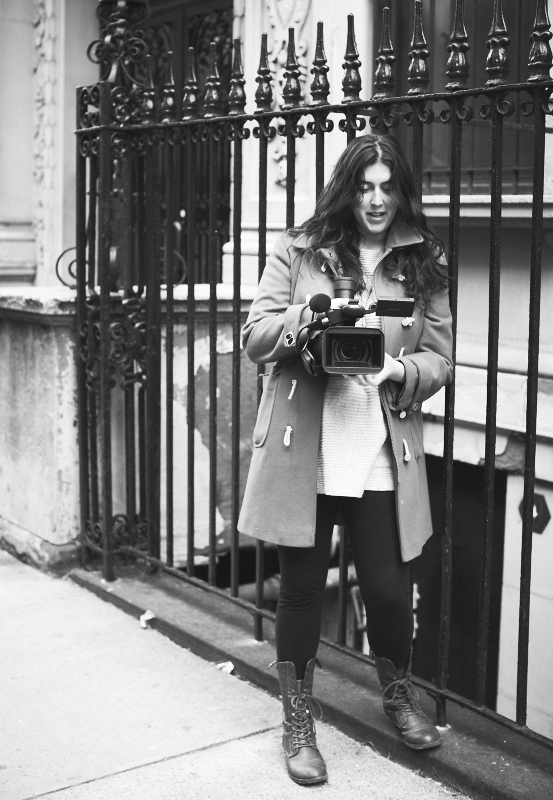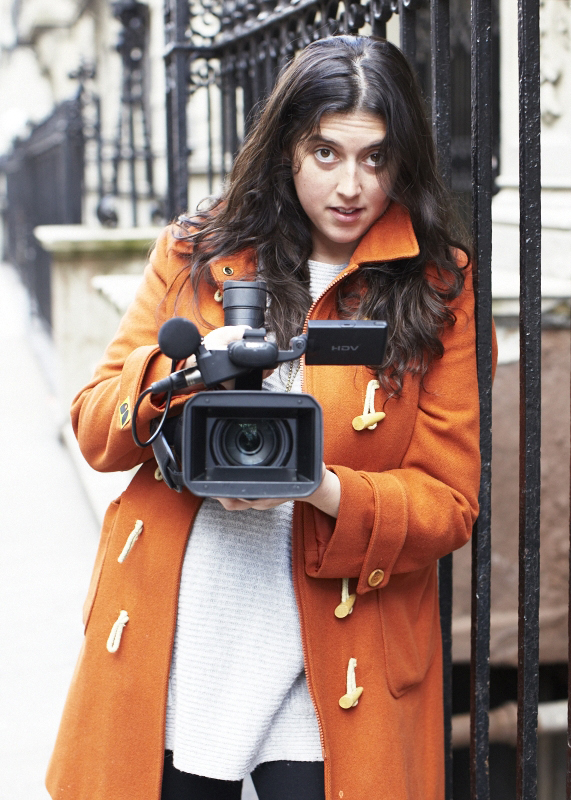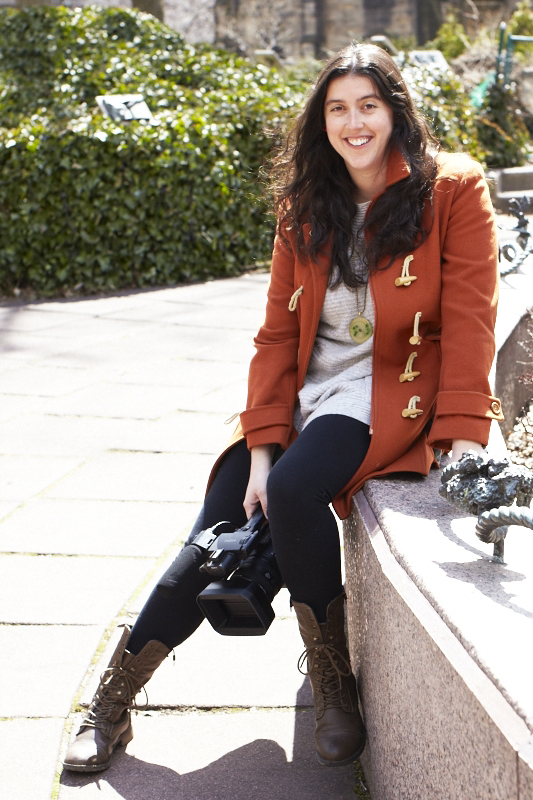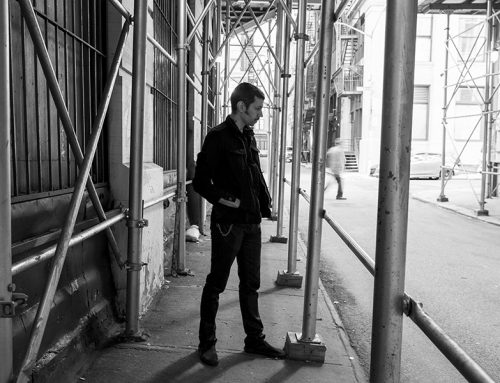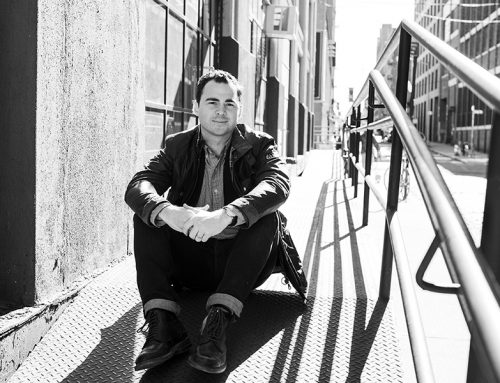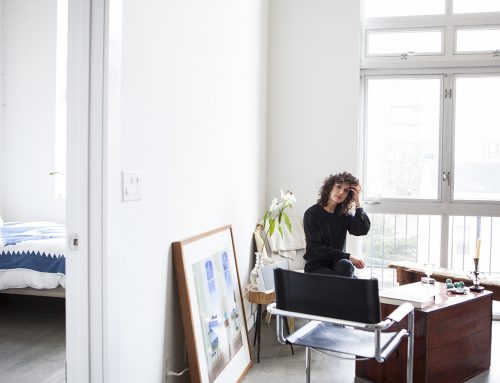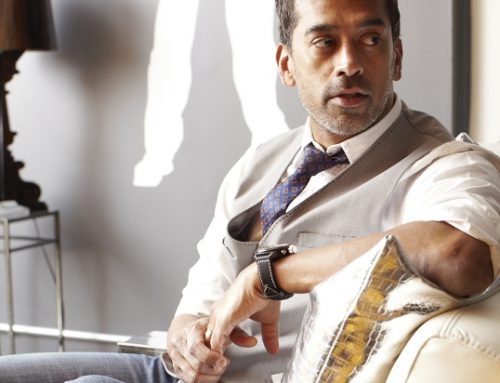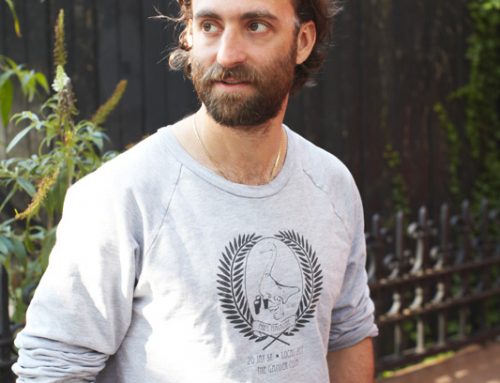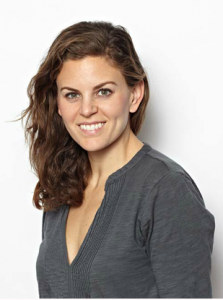Ai Weiwei: Never Sorry, is a feature length film about the famous international artist from China who is known for his outspoken political activism and for being openly critical of the Chinese Governments’ stance on human rights. Ai Weiwei was one of the collaborators who designed the Beijing National Stadium (aka the Birds Nest) for the 2008 Olympics. Ai Weiwei: Never Sorry was the winner of the Sundance Film Festival Special Jury Prize 2012, among many other awards. Alison was recently named one of New York Times 20 Directors to Watch.
Q&A with Alison Klayman:
Tell me about yourself and where you’re from.
I grew up right outside of Philadelphia. I went to Jewish day schools all my life. Then I went to Brown University. I always wanted to have adventures and travel a lot, and I feel like being at Brown was where I learned (from other students) that if you want to do something, just do it. That’s kind of the difference between someone who has traveled, or written a book or done anything and someone who hasn’t. They just did it. There’s no special secret.
Did you go abroad while you were a student at Brown?
I did. I studied in London. The academics were great, but part of why I’d heard it was a good idea to study in London was that you could work hard and then you could have a lot of time off. It was a very self directed study. There were a number of weeks when I didn’t have to be around, so I traveled a lot in Western Europe, the Middle East, and Eastern Europe. Studying abroad in London was about being close to the rest of the world.
How did you get into documentary filmmaking?
I did some photography in high school, and I always really liked taking pictures. I was into photography at college too, but not in any official way. I really got into film from a background in radio. I did a lot of radio throughout college. I think audio is a really important part of filmmaking. It is important to have high quality audio in a film. If you have low quality audio but a great picture, it will greatly impact how your piece is viewed in terms of professionalism. I also think that in radio, there is such a strong focus on storytelling, and that’s obviously really important in a film too.
How did you end up in China creating a documentary film on Ai Weiwei?
I went to China because I wanted to be a journalist and do documentary film. I had studied history, I had worked in radio, but I didn’t have anything that was specifically connected to China. I had done a student film in college with a good friend of mine, and she was going to stay with family in Shanghai for a few months. I didn’t want to just get a job when I graduated college in 2006. I wanted to have my own adventures. I asked if I could come with her. This is what brought me to China. It intrigued me, and I started learning the language. I wanted to continue learning the language, and China is a great place for freelancing stories. It is a place where there is such a high demand for news. In staying there, I tried to have many adventures and to make the world my teacher. I got different jobs on movie sets and in other contexts where I had to use Chinese.
About two years into my stay in China, I was trying get some more freelance video work, not just work in radio and print. I had the chance to get a journalist visa, which is great in terms of becoming more marketable. This helped lead me to meet Ai Wei Wei.
My roommate in Beijing was curating a show of Ai Weiwei’s photographs for a local gallery where she worked. She asked if I wanted to make a video to accompany the show. (I had recently worked for the Olympic website and had just purchased a video camera.) She mentioned that there was a lot more to this show than just the photos on the wall, and no one was documenting it. It all started with this small project. Ai Weiwei liked the video that I did, and we got along well. I think he is an incredibly complicated, charismatic and provocative figure, and creating this first video helped establish a little bit of trust and basis for continuing on a larger project. This was my film school. I figured out how to do it as I went along.
What advice do you have for someone who wants to be a filmmaker?
A good thing I did in the beginning, which I should have done more of, was watch my footage. The first video I made, I shot twenty hours for what ended up being a twenty-minute video. I’d shoot in the morning and I’d come back and log it and transcribe it. I made the whole thing in a couple of weeks. Watching my footage helps make you better, because you’re constantly looking at ways you can improve.
How did you decide on the story line for your film on Ai Weiwei?
In terms of story, I came into it with so few preconceptions and no preconceived notions of what I wanted this film to be. I just felt that I wanted it to be the best and most in depth look at Ai Weiwei; and whoever he was would be what the movie was about. If he was going to be a phony, it would be about him as an art world phony. If he gets into trouble, or is somehow always getting out of trouble… I wanted to reveal his character.
I had this hunch that this film about Ai Weiwei could have a greater importance because I felt that to understand him would reveal more to the audience about the complexities of China. That was about as thought out as my story was when I first started filming. Themes emerged as I was shooting, such as free expression or about the power of the internet; but mostly I was just trying to uncover him, and this worked out really well. I think that is a great recipe for making a film that ends up being about bigger issues, or deeper political issues. The more personal and specific a story, the more universal a story can be read by audiences.
How did you determined when you would film Ai Weiwei?
It was really great that I lived in Beijing. It wasn’t about planning a shooting trip. Although he gave me amazing access, the relationship was not that he would suggest to me when to film or that something was about to happen. He wouldn’t tell me when I should or shouldn’t come by, because he has his own team recording his activities and so I wasn’t the primary focus of his personal documentation. I feel that there were so many days were it was just me kicking myself about missing things and thinking to myself, “Oh that would have been so good, and this would have been a great scene or storyline”. I just couldn’t be there all the time. There were also a lot of things that I chased and I did successfully film that didn’t end up in the movie, but living there allowed the relationship we had to be really causal so I could just come unannounced. I also wasn’t interviewing him that much. I don’t think he would have tolerated that, but I could film him being interviewed by other people.
I got to know people in the studio, especially people who were running his schedule, which changed over the years; but there were certain points when I could call the scheduler and say “So what’s he got this week,” so I could choose wisely. The important thing was catching him on trips, because he is an international art star. When he travels, he goes to look at art work that’s being made, he’s going to install exhibits and be admired internationally and he’s also doing trips for his activism purposes (which is a different set of people who I would have to eves drop on in order to realize “oh he’s going there this week” and ask his permission). It’s like stalking someone and then making sure you’re there at the right time, in combination with just showing up, because you never know what’s going to happen. For example, in the movie when I got the scene when his mom comes to visit him… that wasn’t planned at all. He said to me” You know my mom is coming over,” and I was really shaking with excitement because I felt that was going to be a hard interaction to catch if I asked for it, but I kind of lucked into it.
Did anyone influence your interest in becoming a filmmaker, or did it just happen organically based on your past interests?
I think filmmaking came about because of my interest in history, journalism and politics. For me it is all connected. I’m also interested in art, and I guess that’s what connects it all. I have always been interested in these things and it probably does have to do with my parents and upbringing, but I can’t think of anyone specifically who influenced my interest in filmmaking. Although now, I feel like I will continue to be influenced by Ai Weiwei. I think it is just about ballsiness.
Art is often a reflection of the artist…
I feel like I was trying to be really true to him, but obviously it’s all my choice in terms of how he’s framed in the film. Also I think there are some things we do share. In Never Sorry, I highlight the “fuck you” kind of stuff too, because I like that kind of stuff. I like things that are like that… that are a middle finger to authority or power, I think that is where fun and important art comes from. It’s no coincidence that the film is a pretty good reflection of Ai Weiwei in terms of irreverence in terms of humor and irreverence. I think that it is healthy for people and societies to be able to laugh at their circumstances.
How did you support yourself in China while you were filming Ai Weiwei?
I was filming Ai Weiwei over the course of two years. The first year, I was really filming him on the side of being a full-time freelancer. I’d just gotten a journalist visa, so news outlets were interested in hiring me because I was official. When you’re doing TV or radio, you’re also allowed into all the government briefings. After the first year of filming, I was able to get support from some foundations in the States so I had an actual budget to do stuff with Ai Weiwei. In the second year of filming, I wasn’t paying myself, but I had my expenses covered. Therefore I wasn’t going into pocket for airfare or for buying tapes or new equipment. These things were covered by the grants, but otherwise I was living off of savings. I did a couple little commercial gigs. I tutored some students for their bat mitzvahs. These were some things I did in Beijing so I had a little bit of pocket money.
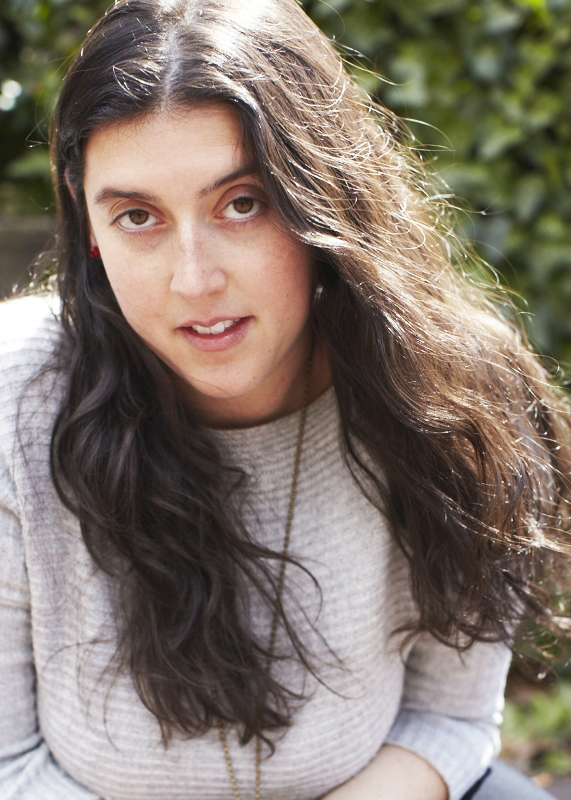
Why did you move to NYC to edit your footage?
I came to New York because people had suggested it was a good idea, and at first I didn’t understand why. At first I thought, “Can’t I just edit it myself?” and then I realized that I had so many hours of footage and so little outside perspective that I needed to work with someone who had a different perspective and who was not living in China. I felt like this was very important if I wanted the film to be resonant globally. I needed someone whose head wasn’t thinking about China all the time, and who knew how to help me with the story. So, I moved to NYC to edit the film. I was really terrified financially because didn’t have the side gigs. Before in Beijing, I did have side gigs; and if I needed to make a little bit of money, I knew how to make money in Beijing. I didn’t know how to make money in New York City. The rent in New York is a lot more expensive. Everything is just more expensive, and I really was nervous. At the time, I didn’t know whether the film was going to yield money or not.
How did you get your first break?
Frontline contacted me. They had seen a little clip of my footage that I had put up when the New Yorker did a piece about Ai Wei Wei. They said they were looking for China stories and they saw my video. I think this shows that you you never know where things are going to lead. Frontline asked if I would be willing to do a piece for them about Ai Wei Wei. I was able to live off of the money I got from Frontline until we sold the movie. Once we sold the movie, I was finally able to get paid for all the work I had done on Ai Weiwei: Never Sorry. I squirreled away the money I got from the film and from speaking about the film, so I was able to start another project. In the back of my mind is always… what’s going to be next, and I’m really excited.
To learn more about Alison Klayman, go to http://alisonklayman.com/
For the official website of Ai Weiwei: Never Sorry, and to watch the trailer and the film, go to http://aiweiweineversorry.com/

